A.I. has turned into a phenomenon in the last few years across nearly every industry, and SEO is no exception to this either. As Google’s algorithm updates turn more to machine learning and natural language processing, the SEO is set to change at a fast pace. But what does that mean for the future of SEO? In light of these changes how can businesses and content creators ensure they remain relevant in this digital environment?
In this article, we will explore how A.I. is shaping Google’s algorithm changes, the opportunities and risks it poses to SEO, and what you need to know to embrace the changes.
Table of Contents
How Google Applies A.I. in Algorithms
Google’s experience in A.I. within its algorithms started with the release of RankBrain in 2015. It’s this particular machine learning system that assisted Google to gain insights into actual intent of users conducting search queries. Since then, A.I. has been at the core of various updates, such as:
BERT (Bidirectional Encoder Representations from Transformers): It was developed in 2019, it enabled Google to understand the context of the words used in a query making conversational search more accurate.
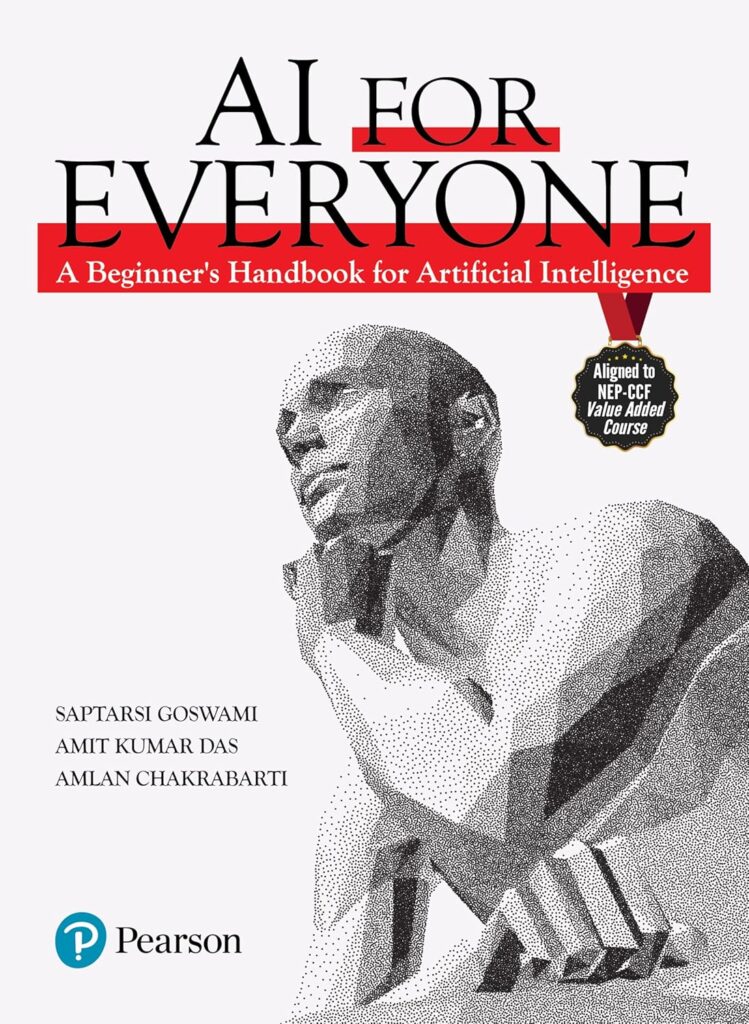
MUM (Multitask Unified Model): MUM was launched in 2021 and is a million times better than BERT since it can handle information in several languages and types.
These improvements clearly illustrate that Artificial Intelligence is no longer an accessory that complements Google’s search functions but the foundation on which these work.
The Meanings of Search Queries in the New A.I. Age
Another large advantage of A.I. is its enhanced capability to understand search queries. Google now looks at the user’s intent as opposed to merely using keywords. For example:
Conversational Search: With the help of A.I., Google can deal with natural, long-tail keywords, keywords as people use in their conversations.
Conversational Search: Social A.I allows Google to better handle natural, long-tail keywords and conversational key phrases.
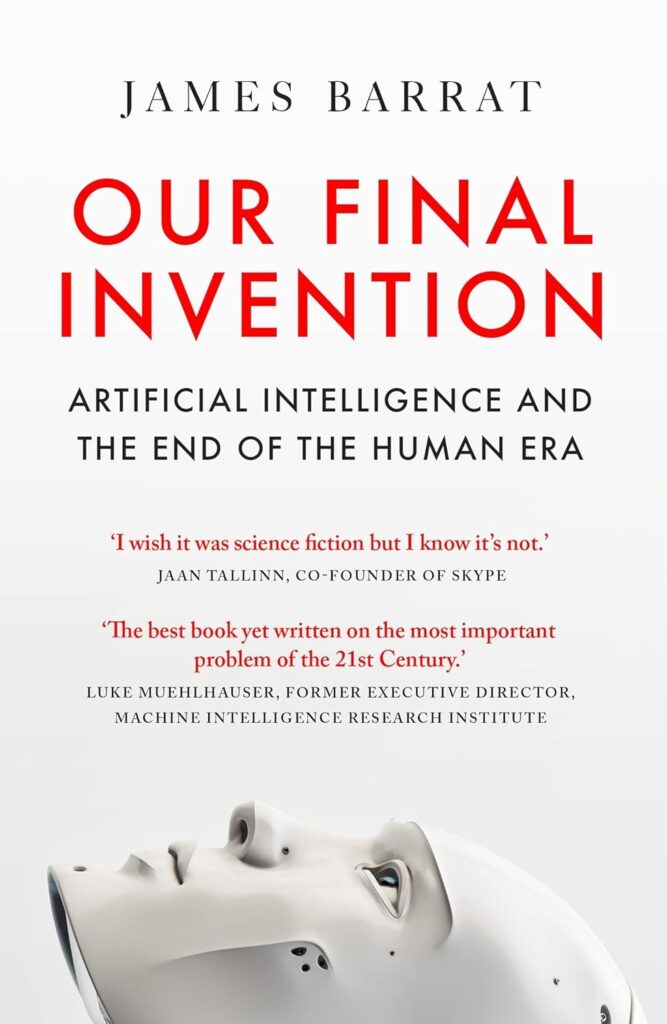
Our Final Invention: Artificial Intelligence and the End of the Human Era
Semantic Search: It means that the search powered by algorithms based on A.I. can correlate the results related to the terms used, and provide the results that will meet the user’s intent even if he/she typed in the incorrect keywords.
This shift means that in future, SEO has to focus on more than merely keywording and needs to focus on the quality of the content it provides.
The Pros of Improved Personalization and Searches
A.I. helps Google to deliver very specific search results to its users. For instance, the search history, location, preferences, and browsing history are now more influential when defining the SERPs (Search Engine Results Pages).
For SEO practitioners, this means:
Localized SEO: Geographical targeting of content has become even more important than before due to the new changes.
Audience Segmentation: It will be very helpful if you know the behavior and preference of your target audience in order to give them what they want.
The Role of Artificial Intelligence in Content Development
The use of ChatGPT and Jasper, among others, is the latest trend in SEO, and content generated by artificial intelligence is no longer a secret. Although A.I. can help in the generation of content within a short span, Google’s algorithms have been developed to favor fresh, high quality content.
Here are some tips to leverage A.I. in content creation without risking penalties:
For research and ideas, you should incorporate the use of A.I., while making sure that the last content is fresh and valuable.
Use the best of both worlds; A.I. smart work along with the artistic flair to create content to capture the audience’s attentions and educate them.
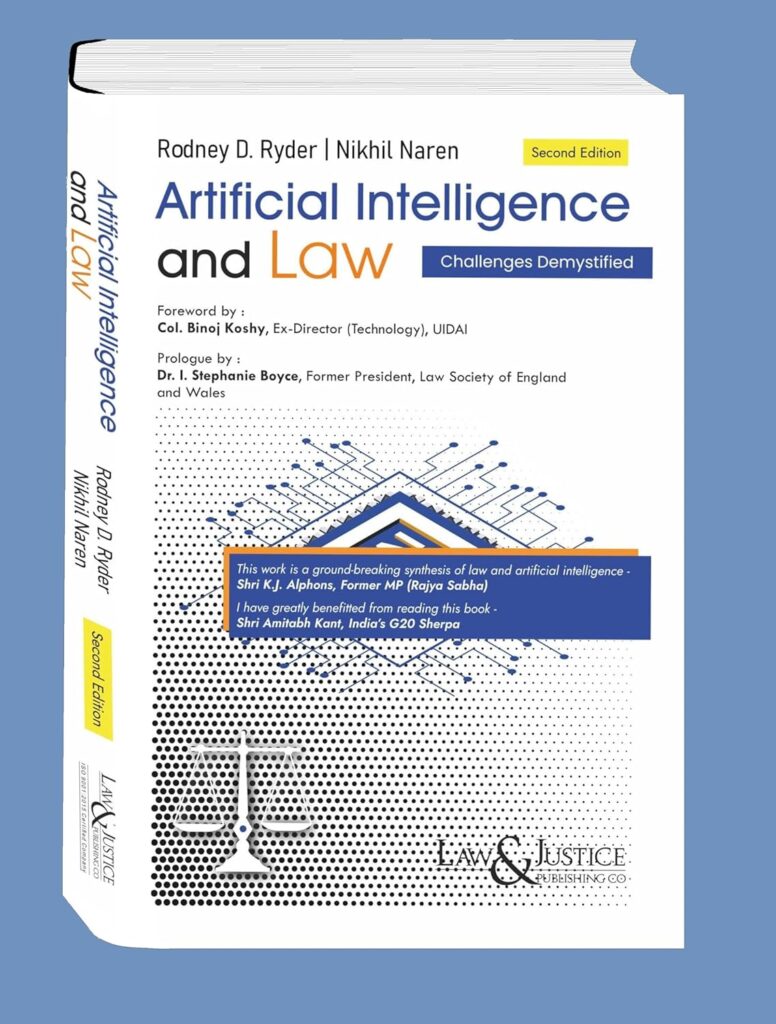
Artificial Intelligence and Law – Challenges Demystified Second Edition
How Technical SEO has been impacted by A.I.
A.I. is also making changes to the technological side of SEO. Google’s Core Web Vitals focus on the page experience signal such as loading, interactivity, and visual performance. A.I. tools can help optimize these factors by:
Using big data to diagnose technical problems.
Offering practical recommendations for enhancing the results of website promotion.
Technical SEO is not going to be any different when it comes to A.I., meaning that the webmasters will always have to keep themselves updated on the new tools and techniques.
Voice Search Optimization: A Byproduct of A.I.
The rise of voice assistants like Google Assistant, Alexa, and Siri has made voice search optimization a critical component of SEO. A.I. technologies enable Google to process spoken language more accurately, leading to:
An increase in the number of questions in the form of a conversation.
A greater volume of queries that are looking for featured snippets, which can be answer-rich.
When it comes specifically to Voice search it is best to aim at creating clean, concise, and informative content that adequately answers the user’s question.
Visual Search: The Future is Here
Based on A.I., visual search is becoming a new tool that can change the way people look for information. Google’s Lens technology allows users to search using images instead of text, opening new doors for SEO:
Image Optimization: The pictures you use must be clear, accompanied by the right alt tags and must be related to the post you are creating.
Visual Content Strategy: Resources to optimize for use should be invested on the development of attractive images, animated presentations and other click content.
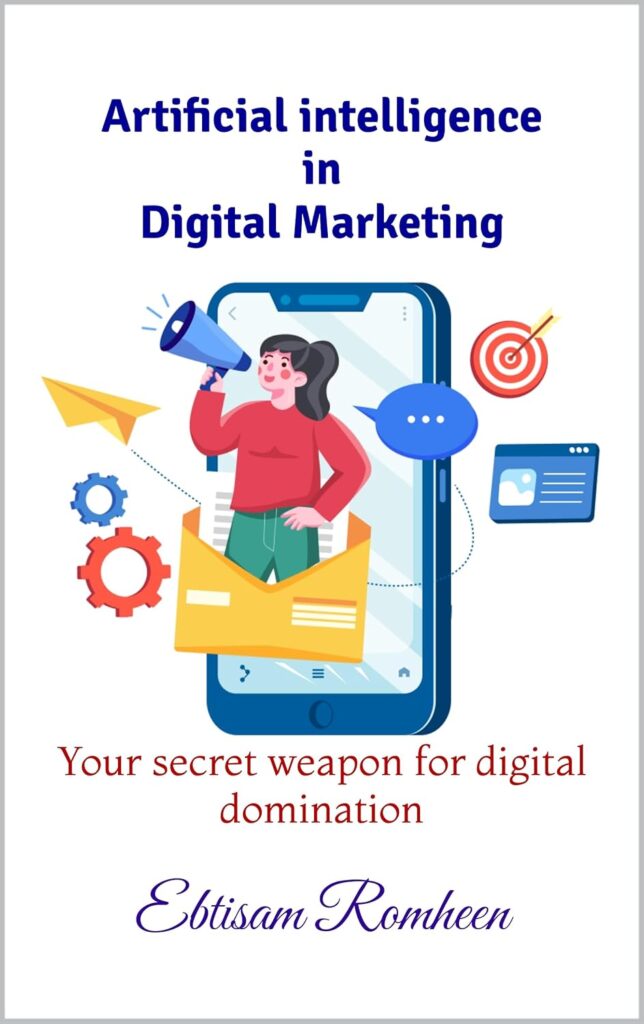
Artificial intelligence in Digital Marketing: Your secret weapon for digital domination
Predictive Search and The Zero Click Experience
Google’s predictive search is based on A.I. and its task is to offer answers before the user even completes typing. This has resulted to increase in zero click searches where users get their answers from the SERP without even clicking on a website link.
For businesses, this underscores the importance of:
Featured Snippets: How to make content get into Google’s answer boxes.
Structured Data Markup: How to use schema markup to assist Google to properly categorize and display your content.
Challenges A.I. Poses for SEO
While A.I. brings numerous benefits, it also introduces challenges:
Increased Competition: A.I. brings everything to a parity where competitors are able to generate highly optimized content.
Algorithm Complexity: Complicated nature of such algorithms that are based on A.I. makes it harder to predict ranking factors.
Risk of Over-Reliance: Many a time, the use of A.I. tools result in the creation of generic or low quality content.
In order to overcome these challenges, focus should be given to creativity, authenticity and the user-centric approach.
How to Get Ready for the A.I.-Led SEO Future
As the A.I.-based search engine optimization becomes the new normal, businesses and content marketers have to adjust. Here are some actionable steps:
Focus on Quality: Deliver information that is worth the consumption, entertaining, and helpful to the user.
Leverage A.I. Tools Wisely: Make A.I. work for your SEO, not against it.
Stay Updated: Monitor the changes Google makes on its algorithm and any related trends.
Invest in User Experience (UX): Ensure that your website is a fast loading and one that is made for mobile use, as well as one that is accessible.
Conclusion
The use of A. I. in the latest Google algorithm changes is a new era for the SEO industry. But it also provides unique opportunities to make improvements and build better, more relevant and user-oriented content. Thus, if you know what A.I. does and modify your approaches based on its actions, your SEO will be ready for the future and will outcompete the rivals.
As A.I. continues to evolve, one thing remains clear: SEO is no longer a question of how to meet the demands of the algorithms; it is about how to meet the needs of the users. Accept this change and you will not only live to see another day but you will prosper in the new world of digital.

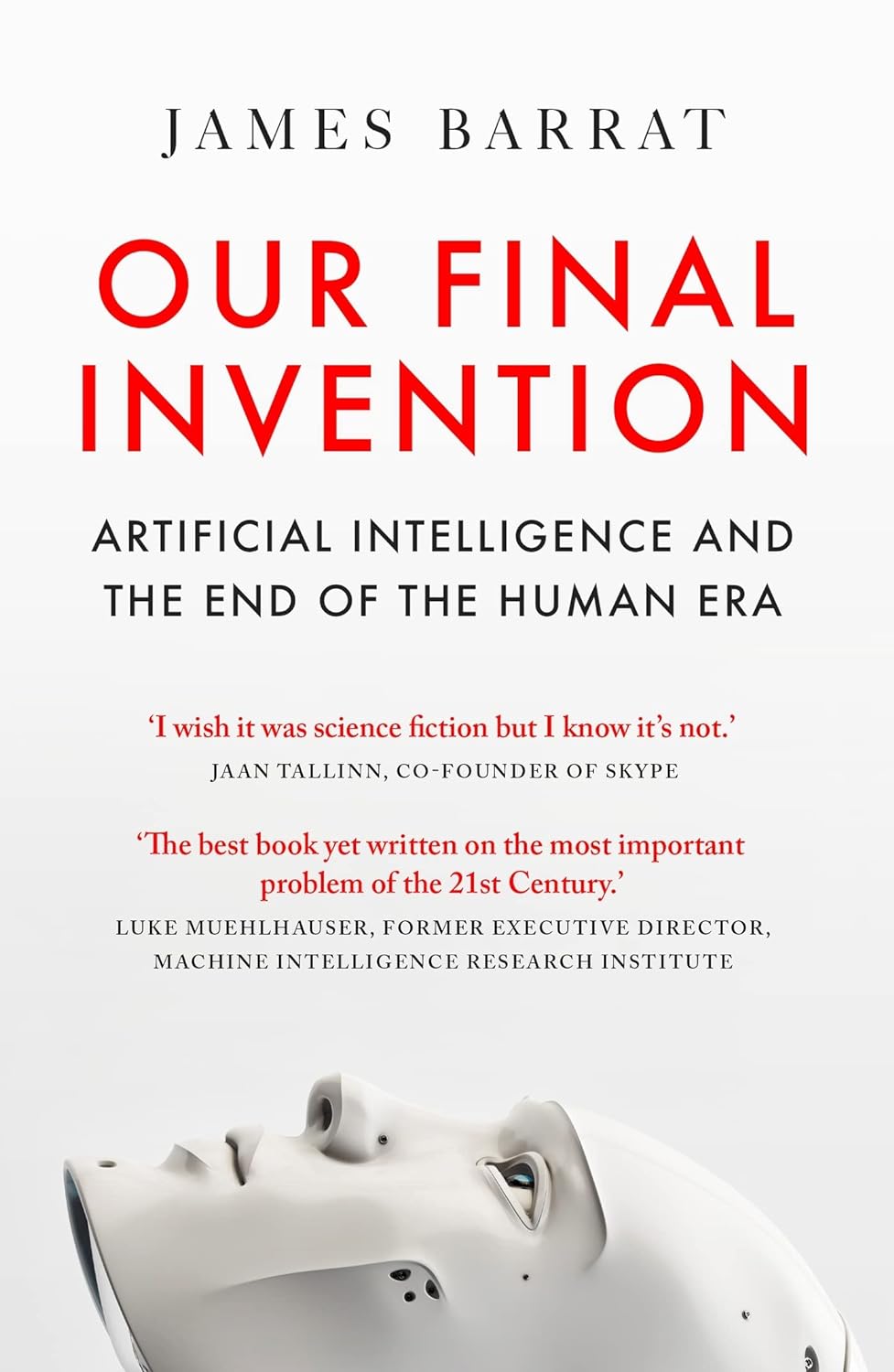
3 thoughts on “How Will the Introduction of A.I. Into Google’s Algorithm Updates Affect the Future of SEO?”